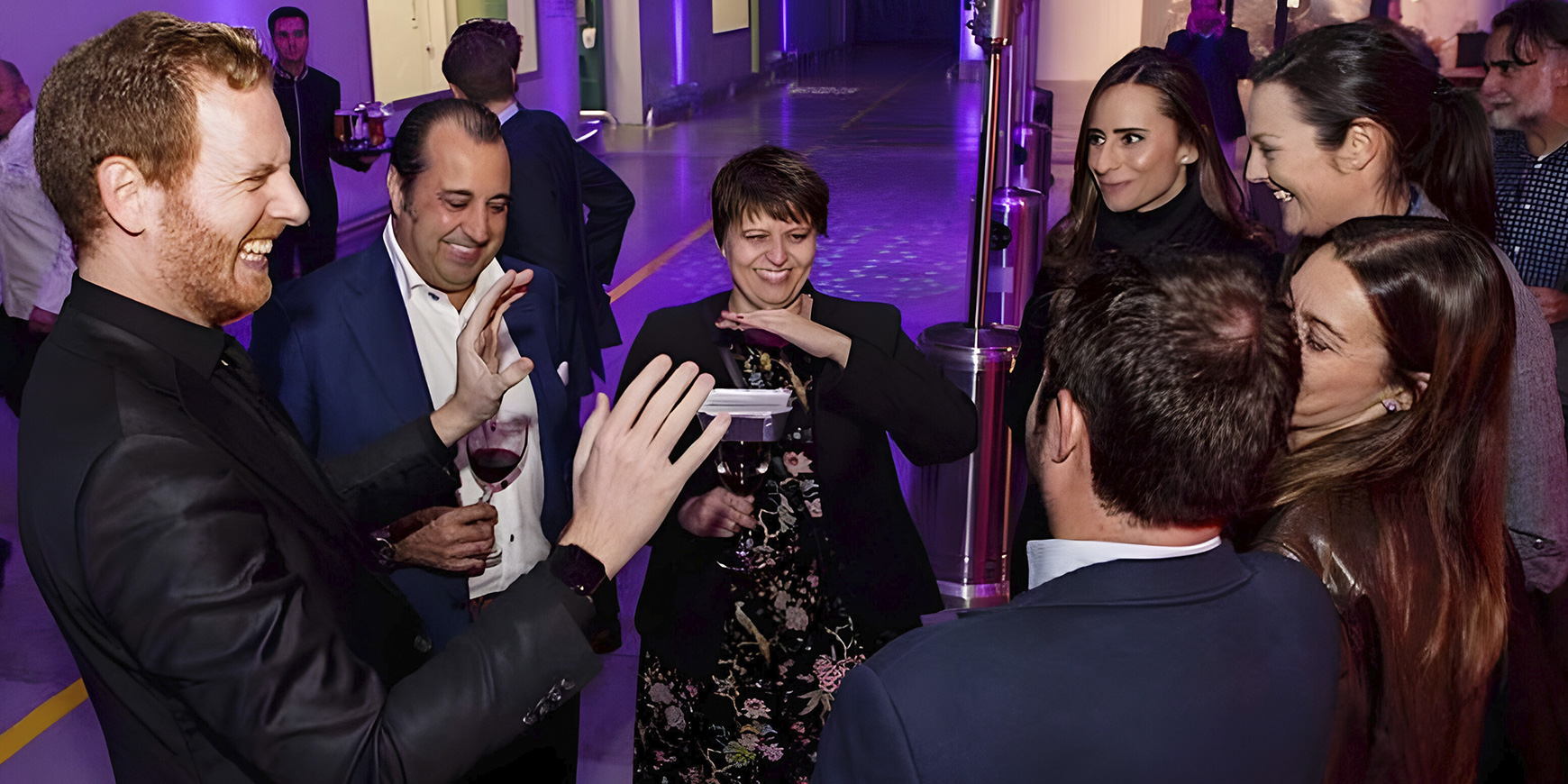In a world where beauty standards have traditionally been rigid and exclusive, the rise of Bailey Anne Kennedy as the newly crowned Miss Maryland USA is a story that not only challenges stereotypes but also uplifts communities that have often been marginalized. As a Cambodian American trans woman, a military wife, and an immigrant, Kennedy’s win represents a significant shift in the narrative around beauty pageants and gender inclusivity. However, this victory has not been without its share of challenges, as she has also had to confront transphobic hate following her win.
Who Is Bailey Anne Kennedy?
Bailey Anne Kennedy, a 31-year-old woman who immigrated to the United States from Cambodia at the age of 11, has lived a life marked by resilience and perseverance. Her journey is emblematic of many immigrant experiences—navigating language barriers, cultural differences, and personal struggles to carve out a place for herself in American society.
Kennedy’s identity as a trans woman adds another layer to her story, as she faced unique challenges growing up in a world that often failed to understand or accept her for who she is. Despite these hurdles, she found solace and strength in her individuality, eventually finding her way into the world of beauty pageants.
But Kennedy’s path to success wasn’t linear. For a long time, she believed that her aspirations would remain out of reach, especially after marrying her husband, an active-duty U.S. Marine. In her own words, she felt that “his commitment to our country would always come first” and that her own dreams would have to take a backseat.
Why Did She Decide to Compete?
Kennedy’s decision to compete in beauty pageants came after a pivotal rule change by Miss USA, which lifted restrictions on contestants who were married and over the age of 28. For many years, these regulations had prevented a significant number of women, including Kennedy, from participating in these pageants. But the change in rules last year was a moment of clarity for Kennedy, who saw it as a “sign” to pursue her long-held dream of competing.
The rule change not only opened the doors for older and married women to participate but also reinforced the idea that beauty and capability should not be limited by outdated notions of age or marital status. For Kennedy, it was more than just a personal victory; it was a win for women who had been told they didn’t belong in spaces like these.
How Did Her Cambodian Heritage Influence Her Journey?
Kennedy’s Cambodian heritage has been an integral part of her identity and her journey toward becoming Miss Maryland USA. Having moved to the U.S. at a young age, she struggled with language barriers and cultural differences, experiences that shaped her determination to succeed in a society that didn’t always feel welcoming.
In her victory speech and social media posts, Kennedy has been vocal about how much her heritage means to her, and how it shaped the person she has become today. She has shared stories about the struggles of being an immigrant, bullied for her accent, and the hardships of adjusting to a new way of life in the United States. Overcoming these obstacles, she said, made her win feel even more significant. “It only took 67 years for married women to compete freely,” Kennedy reflected, “Let alone to have an immigrant who happened to be bullied all of life for her accent and her different ways of doing things.”
What Challenges Has She Faced Since Winning?
Kennedy’s win has been met with a wave of both support and criticism. While many have celebrated her victory as a triumph for inclusivity and diversity, others have voiced transphobic opinions on social media, questioning her right to participate and win over cisgender women.
Despite the hurtful comments, Kennedy has taken a stand against the negativity, using her platform to advocate for the trans community and others who feel marginalized. In a powerful Instagram post, she addressed the hate she received, saying, “Not everyone has to agree with the spaces that you occupy, and it doesn’t mean that you aren’t worthy of these opportunities.” She went on to emphasize the importance of self-worth and representation, noting that her work now is to ensure that children who feel like her don’t have to face the same fears or limitations.
Miss Maryland USA’s official organization also responded with a statement supporting Kennedy and reaffirming their inclusive values. “Since 2012, trans women have been welcomed into our organization,” they said. “Every person has the right to live authentically and pursue every opportunity, and we believe Bailey Anne embodies these values.”
What Does This Win Mean for Transgender Visibility and Representation?
Kennedy’s victory is more than just a personal achievement—it’s a win for transgender visibility and representation in spaces that have historically excluded trans people. Beauty pageants, in particular, have long been criticized for promoting narrow standards of femininity, but Kennedy’s win is proof that those standards are evolving.
By standing proudly as a trans woman, Kennedy is challenging society’s rigid notions of gender and showing the world that authenticity is beauty. She hopes to use her title to advocate for the LGBTQ+ community, particularly trans youth who may feel ostracized or uncertain about their place in the world.
Kennedy’s platform will likely focus on providing support for military families, using her unique position as a military wife to highlight the often-overlooked struggles of those who serve alongside their spouses. Additionally, her voice will continue to be a beacon of hope for trans individuals, immigrants, and anyone who feels that their differences make them lesser.
What’s Next for Bailey Anne Kennedy?
With her Miss Maryland USA crown secured, Bailey Anne Kennedy is looking ahead to the national Miss USA competition, where she hopes to make an even bigger impact. Her mission goes beyond winning titles; she’s determined to change the narrative around beauty, gender, and identity.
Kennedy’s story is one of resilience, courage, and an unwavering commitment to authenticity. She is a reminder that representation matters, and that, as she put it, “sometimes the underdog does win in the end.”
As she prepares for the next chapter, Kennedy remains focused on her ultimate goal: creating a world where everyone, regardless of their background or identity, feels seen, valued, and deserving of every opportunity.










